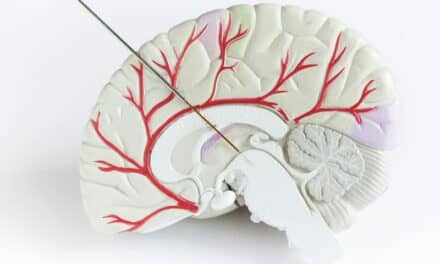Running may help increase the production of a particular protein—cathepsin B—which may aid in memory recall, per a study published recently in Cell Metabolism.
A media release from Cell Press explains that, after exposing muscle cells in a dish to compounds that mimic exercise, Hyo Youl Moon—the study’s first author—observed that the presence of cathepsin B production noticeably increased in the conditioned media of the cultures. High levels of the protein were also found in the blood and muscle cells of mice that spent time daily for several weeks on their exercise wheels. Additionally, when cathepsin B was applied to brain cells, it spurred the production of molecules related to neurogenesis.
Henriette van Praag—the study’s senior author—collaborated on this study with Emrah Duzel and colleagues at Otto-von-Guericke University and the German Center for Neurodegenerative Diseases.
She and her team compared memory recall in normal mice with that in mice lacking the ability to produce cathepsin B under both sedentary and running conditions. Over the course of a week, both sets of mice were given a daily swim test in the Morris water maze, in which a mouse is placed in a small pool and must learn to swim to a platform that is hidden just below the surface of the water.
After doing this task for a few days, normal mice eventually learn where to find the platform. However, when both groups ran before their daily swim test, the normal mice were better able to recall the location of the platform, while the mice unable to make cathepsin B could not remember its location, the release continues.
“We also have converging evidence from our study that cathepsin B is upregulated in blood by exercise for three species—mice, Rhesus monkeys, and humans. Moreover, in humans who exercise consistently for 4 months, better performance on complex recall tasks, such as drawing from memory, is correlated with increased cathepsin B levels,” says van Praag, a neuroscientist at the National Institute on Aging in the United States, in the release.
“Overall, the message is that a consistently healthy lifestyle pays off,” van Praag adds. “People often ask us, how long do you have to exercise, how many hours? The study supports that the more substantial changes occur with the maintenance of a long-term exercise regimen.”
[Source(s): Cell Press, Science Daily]





